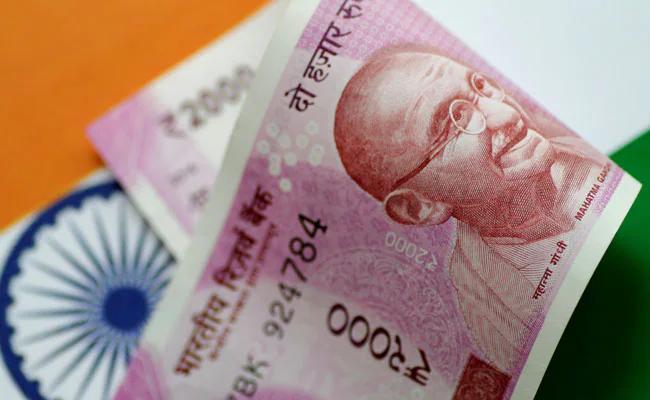KARACHI: Rupee slipped 0.57 percent (Rs1.01) against the US dollar for the fifth straight week due to surging oil and commodity prices globally amid Russia-Ukraine war.
The rupee slipped from 177.50 to 178.51 against the American currency in the interbank market last week after going 0.22 percent, 0.71 percent, 0.13 percent and 0.66 percent down in the preceding weeks. The rupee set two all-time lowest levels of 178.63 and 178.61 against the US dollar during the week.
Overall, the rupee has depreciated by Rs21.08 during the ongoing fiscal year 2021-22, while the local unit has depreciated by Rs2 during the current year 2022. Within the open market, the rupee slipped from 177.50/178.50 per dollar to 178.80/179.50 per dollar during the week.

On the other hand, the US Dollar Index, which tracks the greenback versus a bundle of its main competitors, remained on an upward slide. Reflecting a risk-off market mood, the index settled at 99.119 against 98.671 a week earlier, showing 0.51 percent gain on a weekly basis. Meanwhile, the benchmark 10-year US Treasury bond yields rose one-basis point to 2 percent.
The rupee started last week on the back foot, depreciating by 63 paisas (-0.35 percent) on Monday, 48 paisas (-0.27 percent) on Tuesday and 2 paisas (-0.01 percent) on Wednesday. However, the next two days remained better for the local unit as it remained firm and unchanged on Thursday, while Friday proved to be the best day of the week for rupee against the US dollar when it gained 12 paisas (+0.07 percent). However, the overall week remained negative for the rupee.
The rupee is bearing the brunt of increasing trade deficit, surging import bill due to rise in oil and commodity prices, shrinking reserves, and Russia-Ukraine conflict. According to experts, the ongoing conflict between Russia and Ukraine has pushed commodity prices to their record historic high level. Given the rising commodity prices, the soaring import bill has badly hit the current account balance of Pakistan which created a spell of depreciation around the rupee. They said that higher dollar’s demand for oil payment may further deteriorate the rupee value.
They said that an increase in exports helped reduce the trade deficit to $3.1 billion but higher imports is a bad sign. Pakistan’s merchandise trade deficit for the month of February 2022 clocked in at $3.1 billion compared to a deficit of $3.4 billion in the previous month, depicting a decline of 9.7 percent on a month-on-month basis, as imports declined by 2.3 percent during the period under review.
The country received record-high workers’ remittances of $20.1 billion from the expatriates in the first eight months (July-February) of the current fiscal year 2021-22, and inflows stayed above $2 billion for the 21st consecutive month. Remittances rose 7.6 percent to $20.14 billion during July-February of the fiscal year 2021-22 compared to $18.71 billion in the same period of 2020-21. The inflows rose 2 percent on a month-on-month basis to $2.19 billion in February 2022.
However, national foreign exchange reserves declined by $207 million during the week ended March 4 and dropped to $22.668 billion from $22.875 billion a week earlier. The SBP reserves decreased by $250 million to $16.212 billion on external debt and other payments, the bank said.
